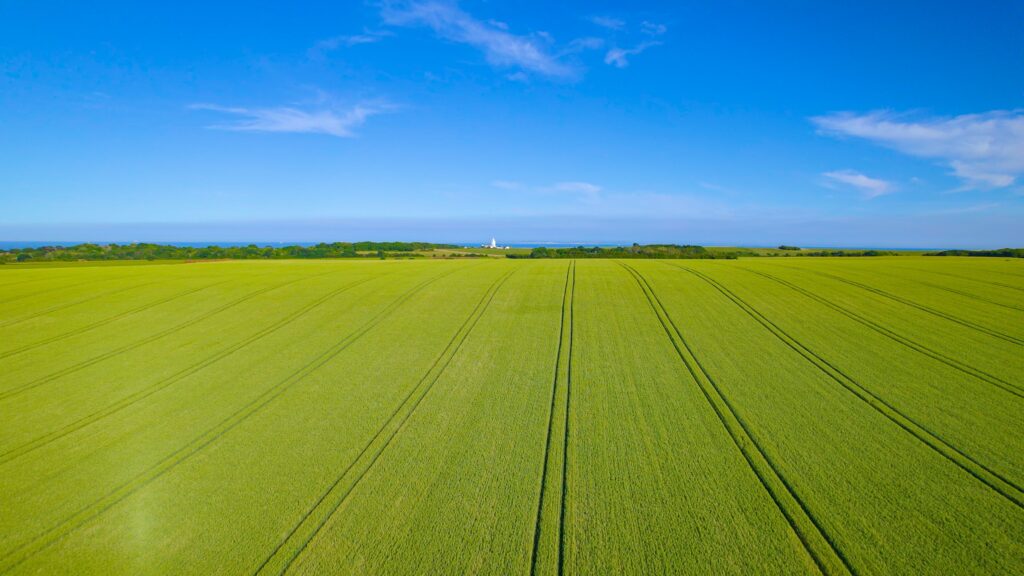
The recent supermajority won by the Labour Government was fought based on the premise of creating change for the UK, however, it is yet to be seen what change this will generate for the agriculture sector. Whilst economic growth and environmental protection are at the forefront of Labour’s vision for a new Britain, the prioritisation of these two issues may not always lead to the same conclusion in policy outcomes. A deeper analysis of Labour’s proposed policies for agriculture may provide greater clarity on their position.
The farming policies outlined in the Labour manifesto, though initially perceived as vague and generating concern due to their lack of specificity, are intended to stimulate growth within the agricultural sector. A key proposal is for 50% of food in the public sector to be sourced locally, which is expected to inject £1.2 billion into local farming, thus boosting growth through increased domestic demand. Additionally, a proposed veterinary agreement with the EU would eliminate the need for Sanitary and Phytosanitary Checks, significantly reducing trade friction and increasing export opportunities to the EU. This agreement would likely benefit both the EU and the UK by expanding the potential market size for agri-food exports. According to a recent study, an EU-UK veterinary agreement could increase agri-food exports by 22.5%. However, it remains uncertain whether Starmer’s relationship with the EU will be as positive as he suggests. Furthermore, Starmer must navigate potential resistance within the government, particularly from more right-leaning members, to avoid being perceived as overly pro-EU.
Whilst an increase in growth is clearly a priority for the new government, the level of government investment is a murkier topic as no clear budget for the agriculture sector was outlined in the manifesto. A recent study indicates that the UK needs to invest at least £4.4 billion annually in nature and climate-friendly farming over the next decade to meet its legally binding commitments on net zero and to reverse declines in water and air quality. The current expenditure of £3.5 billion per year on agricultural subsidies falls short of these goals; any further reductions could jeopardise environmental commitments, which Labour is eager to uphold. Nonetheless, the continuation of environmental land management schemes, which have received cross-party support, is seen as a positive step towards more sustainable farming practices.
While prioritising environmental issues will help Labour meet its green commitments, the debate over green energy versus food security is likely to be contentious, particularly in light of recent developments in solar farming. The newly approved solar farms in both Lincolnshire and Cambridgeshire pushed through by the new Secretary of State for Energy Security and Net Zero, Ed Miliband, has raised concerns among rural communities. They worry about the loss of arable land and the impact on the rural landscape’s aesthetics. Whether future green energy projects will encroach on farming land and potentially jeopardise food security remains to be seen, but it is likely to be a significant concern for farmers.
The Labour Party’s focus on economic growth is evident in its proposed agricultural policies. However, the lack of specific details regarding investment levels hints that agriculture might not be a top priority for the government. It will be intriguing to observe in the coming years whether the dual goals of economic expansion and a green economy will result in conflicting decisions regarding farming policies.
To keep up to date and informed on our plans please enter your email below.